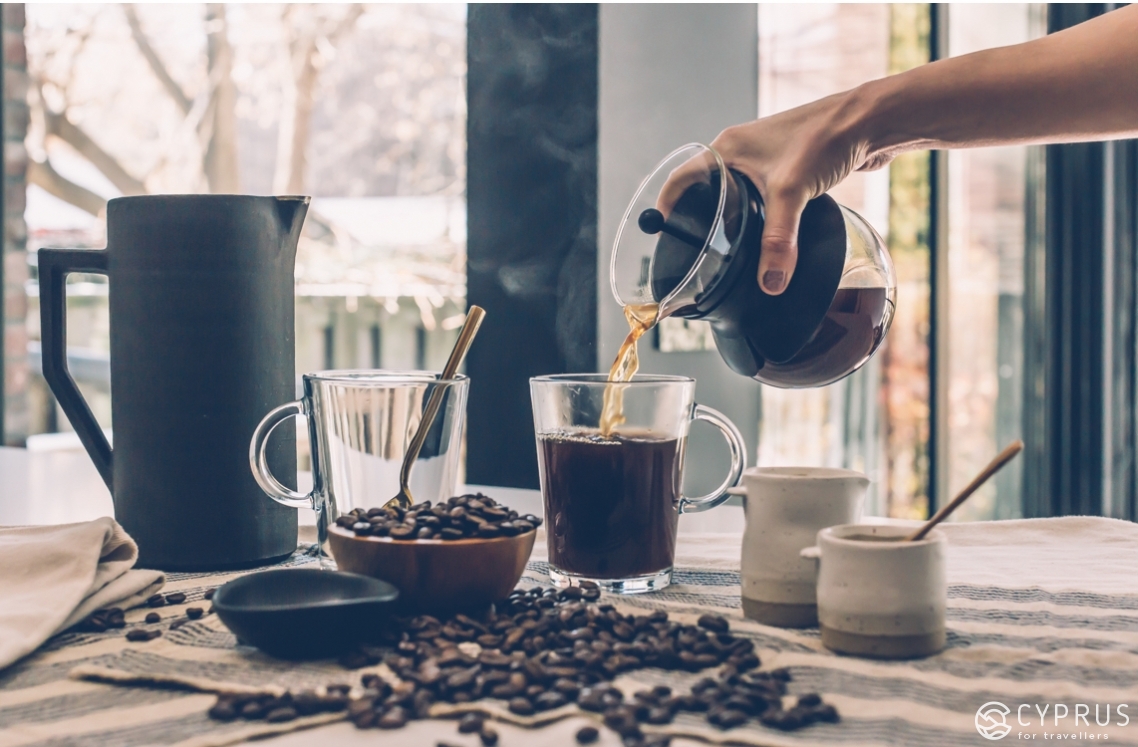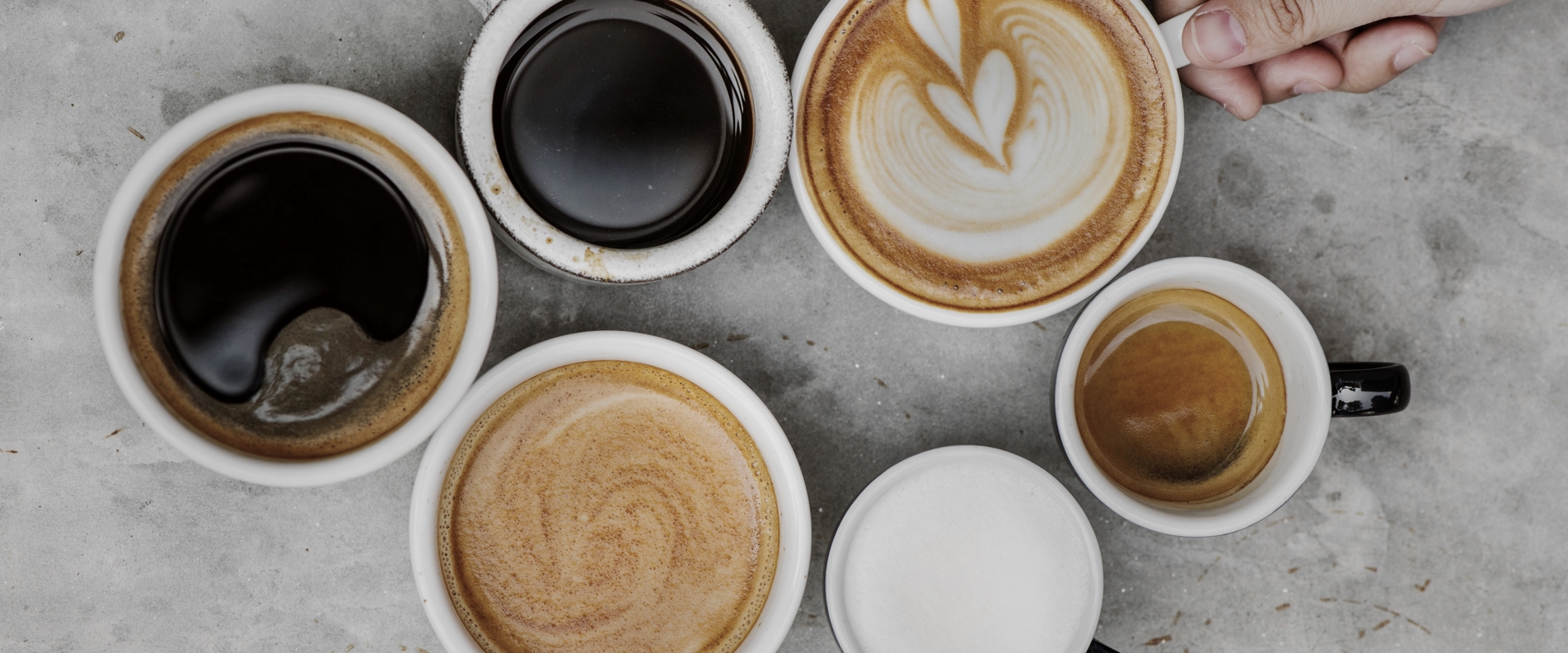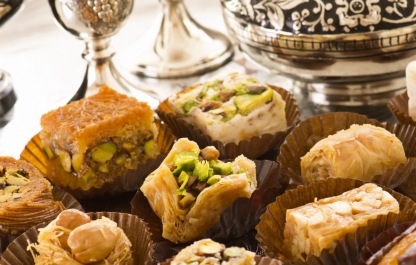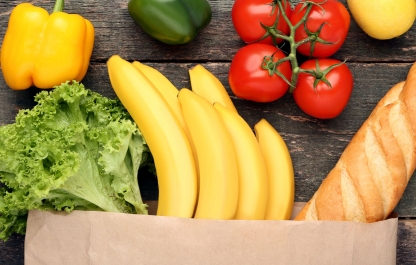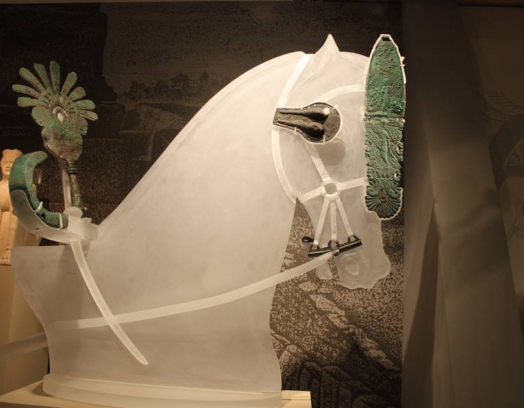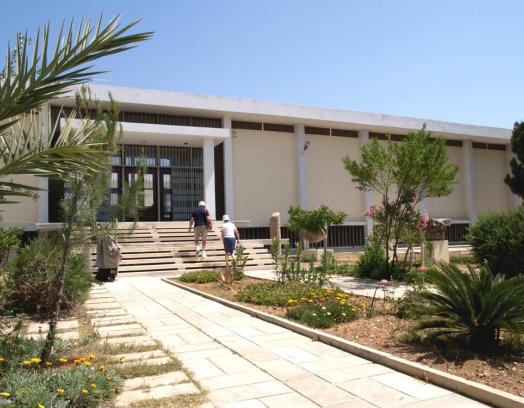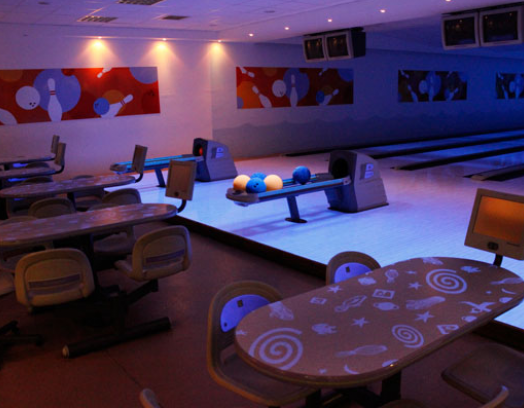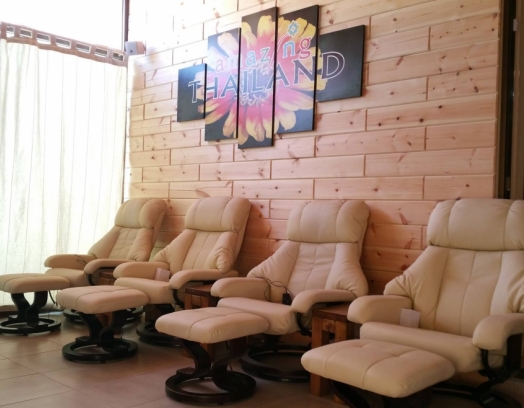The third wave of coffee culture steadily rolls onto the island. Interest in specialty coffee in Cyprus is growing. Young enthusiasts open new coffee spots, helping the public to cultivate taste for natural coffee and treat the drink not as a part of the daily routine, but as an experience enriching the day. We decided to investigate why is specialty a thing now and what distinguishes it from coffee the whole world was drinking for the last hundred years without a second thought. So we asked Andreea Maria Troneci, the co-owner of Black Cure — a new wave coffee shop recently opened in Limassol — to give us some expert insights.
Why is it special?
First of all specialty coffee stands out for its taste, unique in every cup. This taste is achieved by meticulous handling of raw materials and strict quality standards. The path of fragrant beans can be traced from seedlings to the cup. An enthusiastic third-wave barista will be able to not only name the country and region of origin but also tell about soil features, the height, temperature and humidity of the place where that coffee tree grew, and the way it all affects the taste. It may be a discovery for some, but coffee should not have the taste of burnt beans. Like any berry it has a unique bouquet shaped by many factors. All stages of the specialty coffee cherry’s development and its processing are carefully monitored, and the final product is always certified and has a high expert’s mark. All in all we get specialty coffee from hand-picked ripe berries (after drying — beans) of a particular region (single origin) with a minimum number of defects. Essentially that is the best and most expensive raw coffee the market can offer.
Andreea, tell us your coffee love story, please. Why did you decide to make specialty coffee your business in Cyprus?
Andreea: the idea of opening a specialty coffee shop emerged with the lack of options to drink good coffee any time of day, whilst also being accessible in every way to the people (price, location, quality). Finding truly good coffee is hard for many reasons. Some people don’t have the knowledge or time to search for hidden specialty coffee shops. Others are always in a hurry and their busy schedules simply don’t allow them to go to the city center where such spots are usually situated. We came up with the idea of opening a small place with easy street access for people in a hurry, whilst also being cozy for those who want to sit in and enjoy their freshly roasted cup of coffee.
Now, why we chose specialty coffee? Because for many people coffee means pleasure, and during a busy day a coffee break can be one of those few moments of pleasure helping through a hasty day. If the quality of coffee you offer is not at the highest of standards, then you are simply not making their day any better. And if you can offer them something truly great, then you know you have contributed to making their time more meaningful, even if they have to go back to some hard work or carry on with the daily life responsibilities. We love seeing happy people around us and if we can make someone happy by offering them our quality coffee then we have accomplished our goals and purposes.
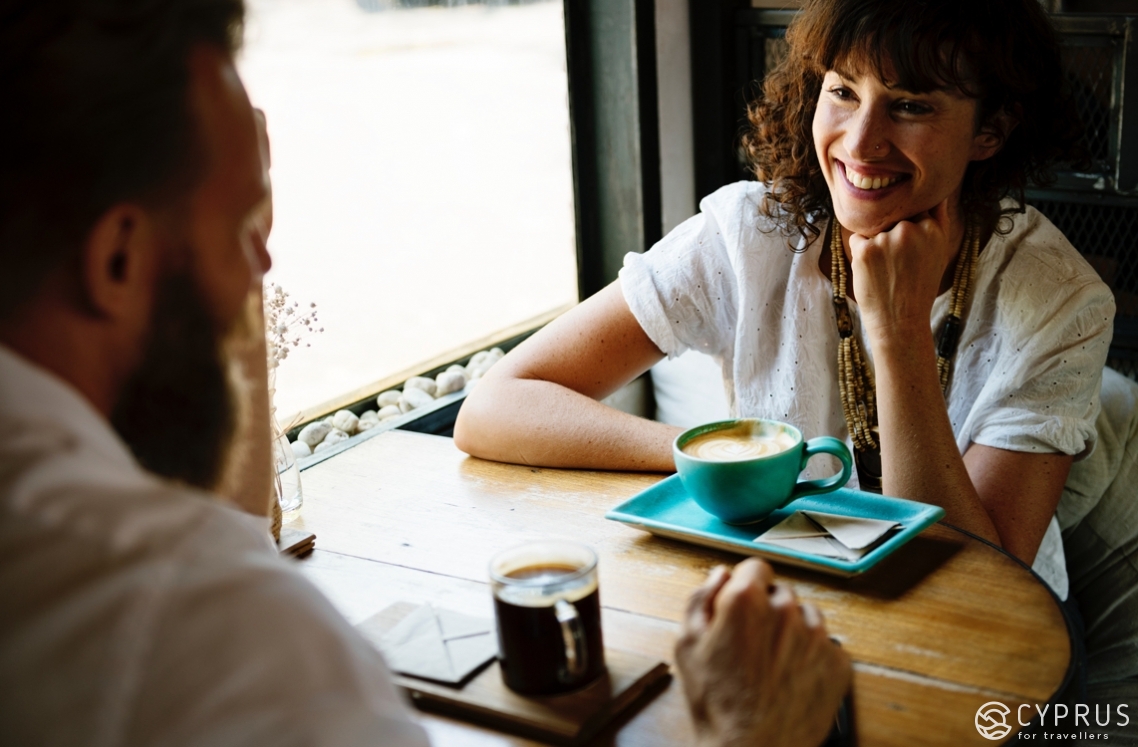
My coffee story started about 5-6 years ago when I got a job as a barista in Ayia Napa. I had no knowledge and was not even a regular coffee drinker. So it took me some time to recognise the value of this job, fall in love with it, cherish and appreciate it. I took a lot of training but every course had a different approach which was confusing. In Cyprus everybody has their own theory for what coffee is and how coffee should be treated. I believe this is one of the reasons that coffee evolution has been delayed so much. So I decided to settle on the common facts from “coffee masters” have been teaching me and then started slowly adding more details as my knowledge grew. But coffee industry is so big and growing there are new discoveries all the time. It is therefore impossible to claim you’ve mastered everything. This is one more reason why I have fallen in love with coffee: there’s always something new and more to learn… to discover. So yeah, this is how my love story with coffee started, a road full of successes and failures but also full of passion and dedication like every other long term relationship.
What can you say about coffee taste and ability to recognise aroma and taste descriptors: is it a talent or something one can and should learn to make their coffee experience richer?
Andreea: for me specialty coffee means so much more than just a beverage. I can say that having the ability to recognise the flavours in your coffee will make every coffee tasting unique because you will be amazed to discover how many different flavours are in each coffee, and every time you have your drink you can discover something new even if it is the same blend. This is not something that you “must” learn to do, but if you devote some time to try and understand your coffee you will definitely enjoy and appreciate it more.
So can this be classified as a talent? Well, being curious about where you coffee came from, and starting to explore and experience your senses will definitely get you closer in understanding what aromas you have in your cup. It comes with practice and as long as you can define “the main flavour family” the details are just details that can differ from person to person. Also we should keep in mind that individual taste has to do with our buds' ability to detect different molecules and it differs from person to person. That is why what I may consider sweet for somebody else may be sour or bitter, as the suite of chemicals that can trigger the “sweetness” varies from one person to the next. Because of these differences people with stronger sugar “tolerance” will find it easier to define the sweet flavours in a cup of coffee, whilst those with low sugar tolerance will find it easier to recognise bitter aromas.
In conclusion, if somebody ever told you that the coffee you are drinking should give you some caramel and hazelnut after taste but what you feel is more like chocolate, you may both be totally right. Just keep in mind that these are the flavours that farmers and roasters are trying to present in their coffee, but there are also some natural factors such as location, soil, surroundings trees that affect the taste of your coffee.
When roasting is crucial
When producing specialty coffee not only the place and the way in which a tree grows matter. Roasting of green coffee plays an equally important role. Nowadays it has transformed from a routine production process into a special craft that requires experience and knowledge. The task for the roaster is to find a roast profile (the way of how heat and airflow are controlled during the roasting process) that is suitable for a particular variety, and thereby to reveal the inherent taste of the berries the best way possible. Small new generation roasting companies with their enthusiasm, tireless search for new roasting profiles and often educational activities become as important as farmers are. In the third wave coffee shop you will always be offered freshly roasted coffee, which was still green only three to five days ago.
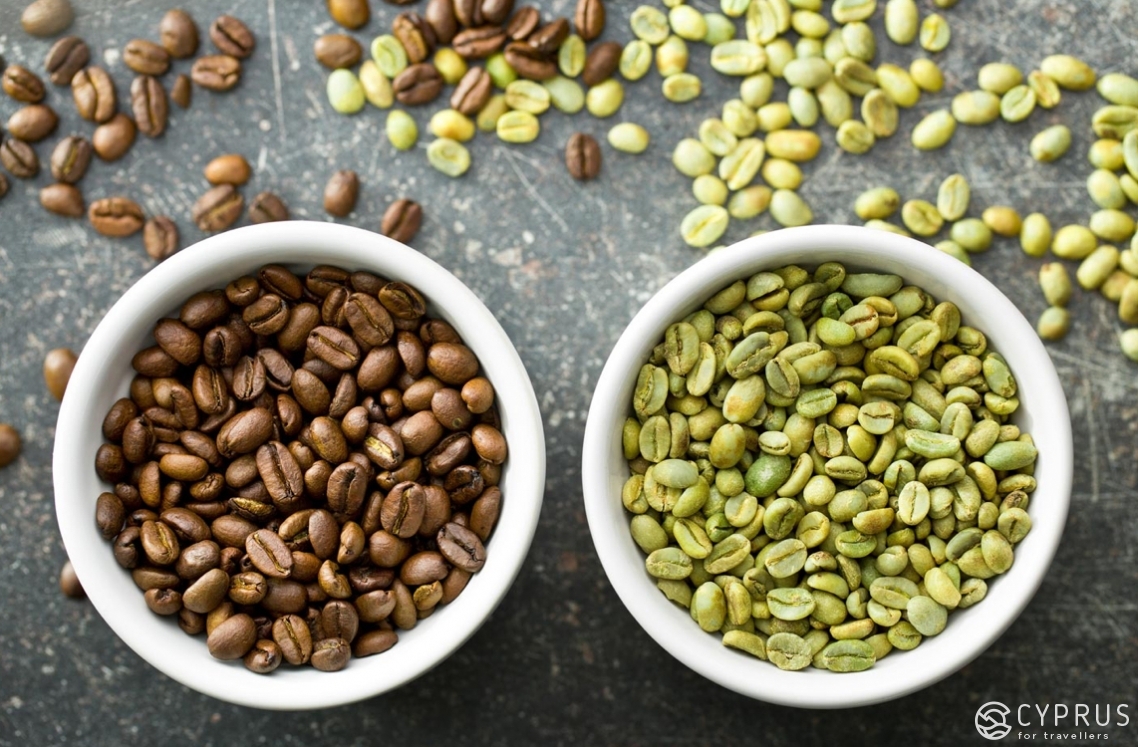
Andreea, tell us about your roaster of choice. How did you picked them and why?
Andreea: in order to choose our main coffee supplier, we have undergo a lengthy research. As I mentioned before for me specialty coffee means more than just a beverage. Firstly, I started with an initial online research and looked after specialty roasters in various parts of the world. I looked at their history and how they are choosing the origin of their coffee. If I believed that the vision of the roaster was aligned with the objectives of Black Cure, then we undergo a coffee tasting experience of their different blends. To be completely impartial, I discovered a lot of great coffees, but I still needed to pick up one of our favourite roaster for Black Cure.
“Five Elephant” from Berlin has won my heart and my appreciation not only with their amazing coffees but also with the story behind each blend. With the relationship between them and the farmers. Because they use not just single origin coffee but single farm coffee. And they have accomplished that through time, with the strong relations with the local people, in order to get the full process from the cultivation to the preparation of the coffee. Humanity together with hard work for perfect results — I believe it’s a great reason to choose to work with those people.
Our roasters are having two roasting days a week (Monday and Thursday) and the international shipping is possible in the same day. We are using a fast shipping company which allow us to have our coffee in less than a week so people can enjoy the freshness of it. We always try to place our order in the beginning of the week as in this case the shipping is faster and also more safe, by avoiding getting stuck somewhere on the way due to the weekend coming up or any other unforeseen conditions.
Ask barista
Finally this long journey and the entire story of a coffee bean is crowned by the barista. This is the person in charge of your cup. They must know how to grind the beans (mind that grind size for espresso machines and alternative brewing methods (filter coffee) is different) and be able to brew coffee so that it retains all the flavors and becomes a gourmet experience. But what’s even more important is barista’s “psychological” input. They do want to make the best cup for you (and your recognition of this is the best result and motivation for professional growth), which means that they must know your preferences, needs and mood. In a specialty coffee shop the barista is often the owner themselves, can also act as a waiter, dishwasher, cleaner, interior designer, PR person, etc. Their main distinction is that they live and breathe coffee culture, self-improving, replenishing their knowledgebase and at the same time they do not get tired to please the guests with tasty drinks and pleasant conversations.
Andreea: Every coffee blend and roast must be treated differently. What I found in Cyprus is that most coffee shops are using one blend for all brewing methods available. Each brewing method has its own unique characteristics, and if you use 3 or 4 different brewing methods chances are that only one will succeed. Something else to check up on, is the amount of coffee used and the grinding. Both are extremely important factors on getting the best out of the coffee.
Let’s say you are brewing espresso using the right grind but less amount of coffee — this will probably give you what we call under extraction. Why you may ask? Because there is a specific space that you must allow to be in between the coffee and the group screen. If there’s more space than needed, the water will hit with pressure and break the “biscuit” which will result in the water passing very quickly though the coffee without taking all of the flavours available. You can easily check on that by using a chronometer to see how long it takes for your espresso to be done. Under extraction can also occur when the grind size is too coarse, as even with the right amount of coffee you will not get what you are expecting because the water will flow faster through the coffee. Too fine grind could also be a problem, which can lead to over extraction. In this case the water can’t escape on time and this will give your coffee a bitter taste and astringent feel. Another impacting factor, is the water used. Unfiltered water has the power to destroy your coffee no matter how good the beans may be. Those are just SOME of the bad factors that can affect the quality of your coffee, but by taking care of those controllable factors, you will definitely notice a significant difference in the taste of your coffee.
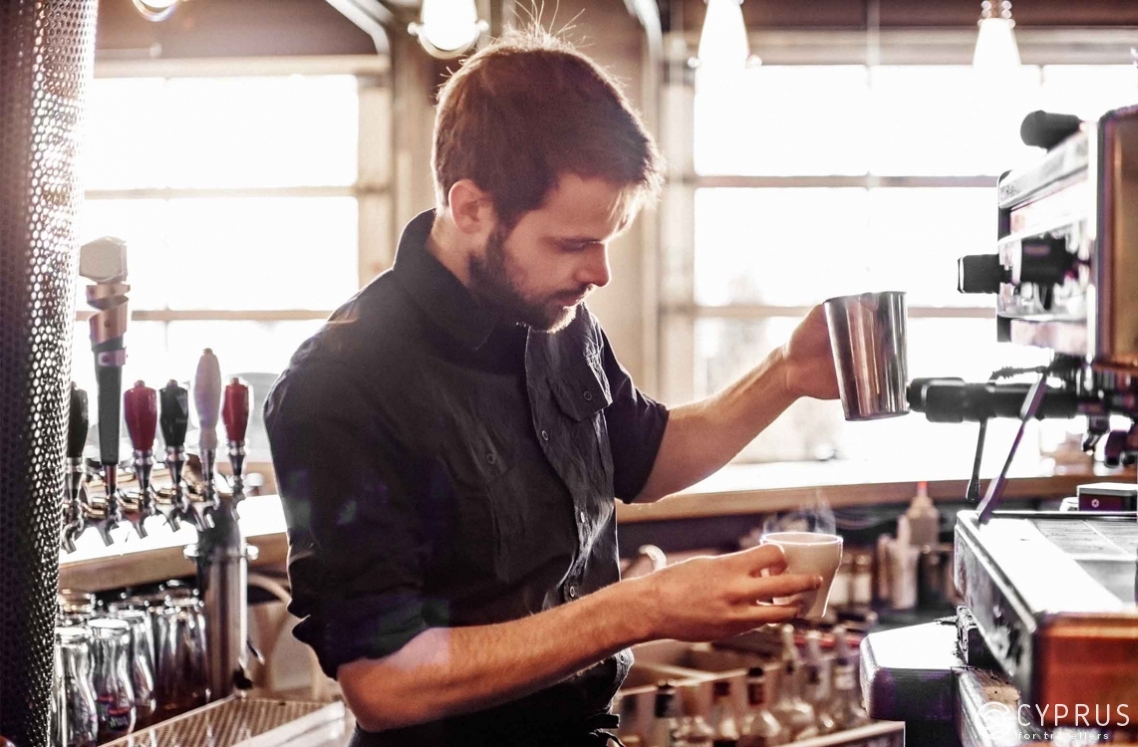
As previously mentioned, when I started working in the coffee industry I had no prior knowledge on how to treat coffee. Back in the day having no prior experience was not an issue in getting a job as a barista. As it seems, destroying some coffee was not a big deal and honestly I did get to destroy large amount of coffee before I got to learn what I know today. A few years ago due to the lack of awareness on how to produce high quality coffee, good baristas were hard to find and even harder was to obtain any information from them. The true coffee lovers have “suffered” a lot in the past, as there were limited options to choose from, and truly good coffee was rare.
Nowadays it’s starting to change, there are a lot of courses that you can take from beginner barista to blind cupping course. These courses may be quite expensive but they are definitely worth it and I highly encourage people who are interested in becoming experts in the coffee field to give it a try. Most coffee shop owners already know what they need when looking out for baristas, so I believe without the knowledge of basic facts and some experience getting a job may be difficult. My suggestion to aspiring baristas is to go for “new” small places when looking to acquire experience in the coffee industry. Those places are usually open for a different reason than coffeehouse chains, and their motive may not only be financial but also to bring great coffee in the lives of people.
There are a few I can suggest in Cyprus (although this is not an exclusive list) and I know that you can’t go wrong with those options. Angel’s Cup — Limassol, Bike & Bean Coffee Station — Limassol, Uluwatu Specialty Coffee — Limassol, Brew Lab — Nicosia (using the same coffee as Bike & Bean and Angel’s cup) and Menta Specialty Coffee Shop — Nicosia (having the Square Mile’s as the main roaster, which is the same used by Uluwatu at the moment) and of course we cannot exclude Black Cure from this list.
In general I believe that specialty coffee shops have different purpose than just a basic coffee shop. While a basic café will care more for the quantity sold and is concerned with how to store large volumes of coffee for a prolonged time, a specialty coffee shop’s big idea and priority is to offer quality coffee. Today consumers have higher expectations from cafes, and I am noticing remarkable changes in the coffee industry. My aspiration is that for this notable change to continue and treat coffee with the respect that it deserves.
